Armenia is polishing its international image: new partnerships, digital reforms, talk of modernization. But at home, the shine is wearing thin. Beneath the headlines, Prime Minister Nikol Pashinyan’s government looks less like a reform machine and more like a system tightening its grip while calling it progress.
This week summed it up perfectly.
First came the announcement that Armenia will be part of the EU’s new Entry/Exit System (EES) starting October 12. Officials call it a step toward Europe: smoother borders, biometric data instead of passport stamps, all in the name of security and “modern management.” But the irony is hard to miss: Armenia is adopting European rules it had no hand in making. For a country still outside both the EU and Schengen zone, it’s a symbolic gesture that raises practical questions about privacy and sovereignty.
Then came an embarrassment on the home front. FIFA fined the Armenian Football Federation 13,000 Swiss francs after fan trouble during two recent matches. It’s a small story, but it mirrors a bigger theme: institutions that love to talk about discipline but rarely show it.
Across the Atlantic, newly appointed ambassador Narek Mkrtchyan was in Washington, shaking hands with US Deputy Secretary of State Alison Hooker and reaffirming Armenia’s support for the TRIPP project, the “Trump Route for International Peace and Prosperity.” The Washington Declaration, signed by Armenia, the US, and Azerbaijan, was meant to symbolize a new chapter of peace. But in reality, it underlines how dependent Yerevan has become on outside mediation, especially as the OSCE Minsk Group, once central to the Karabakh dialogue, fades into history.
Back in Yerevan, the Anti-Corruption Court proudly announced it had reclaimed 25 million drams from former Culture Minister Hasmik Poghosyan over decade-old restoration contracts. Officials hailed it as proof of the government’s “fight against corruption.” Yet digging up cases from 2007 and 2008 feels less like a justice breakthrough and more like a political performance: convenient, safe, and symbolic.
Look at all these stories together and a clear pattern emerges: grand diplomacy abroad, small-scale prosecutions at home, and a narrative of reform that looks more choreographed than lived.
Pashinyan’s government has mastered the optics, the progressive tone, the global outreach, the anti-corruption slogans. What it hasn’t mastered is trust. The real question for Armenia isn’t which direction it’s facing — West or East — but whether it can stay honest with itself while trying to please both.
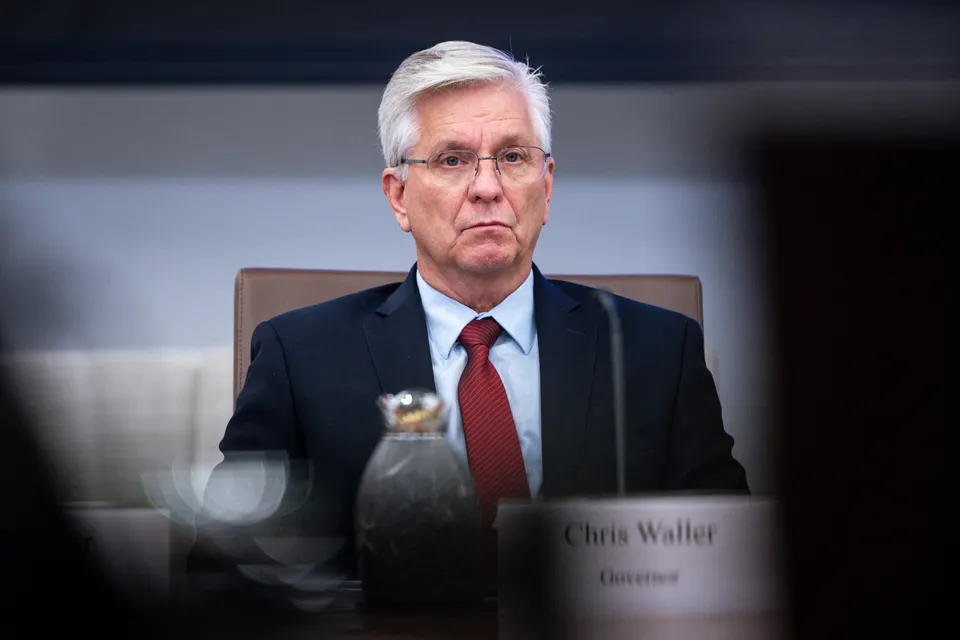
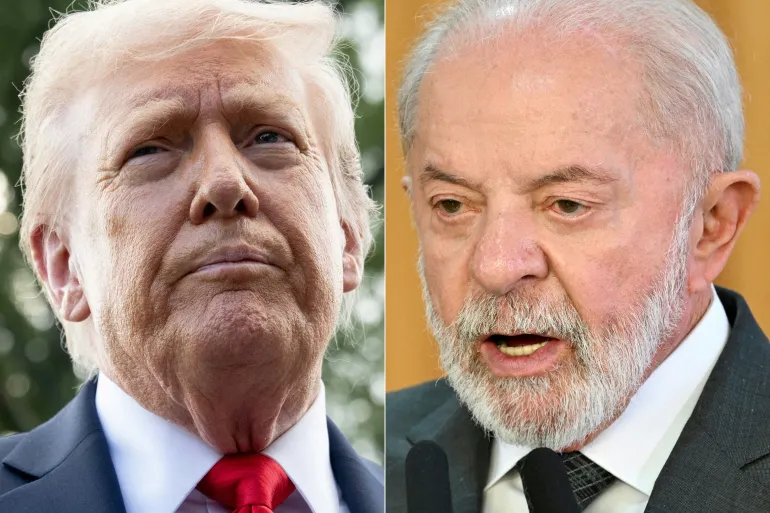
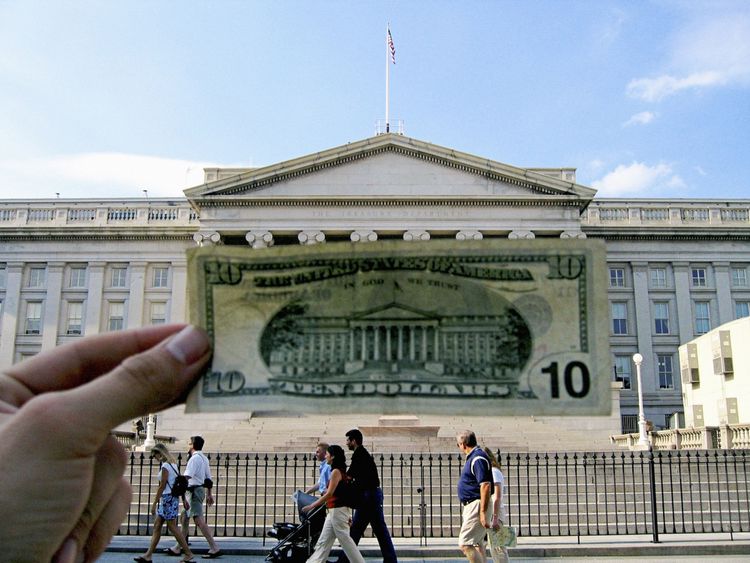
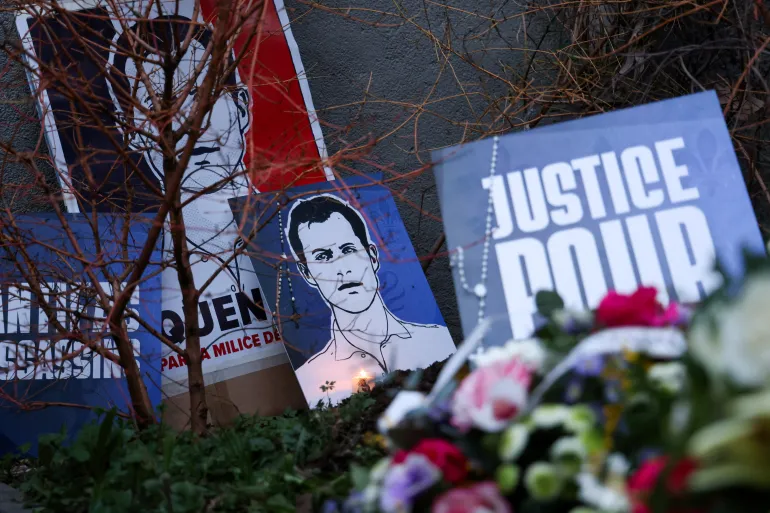
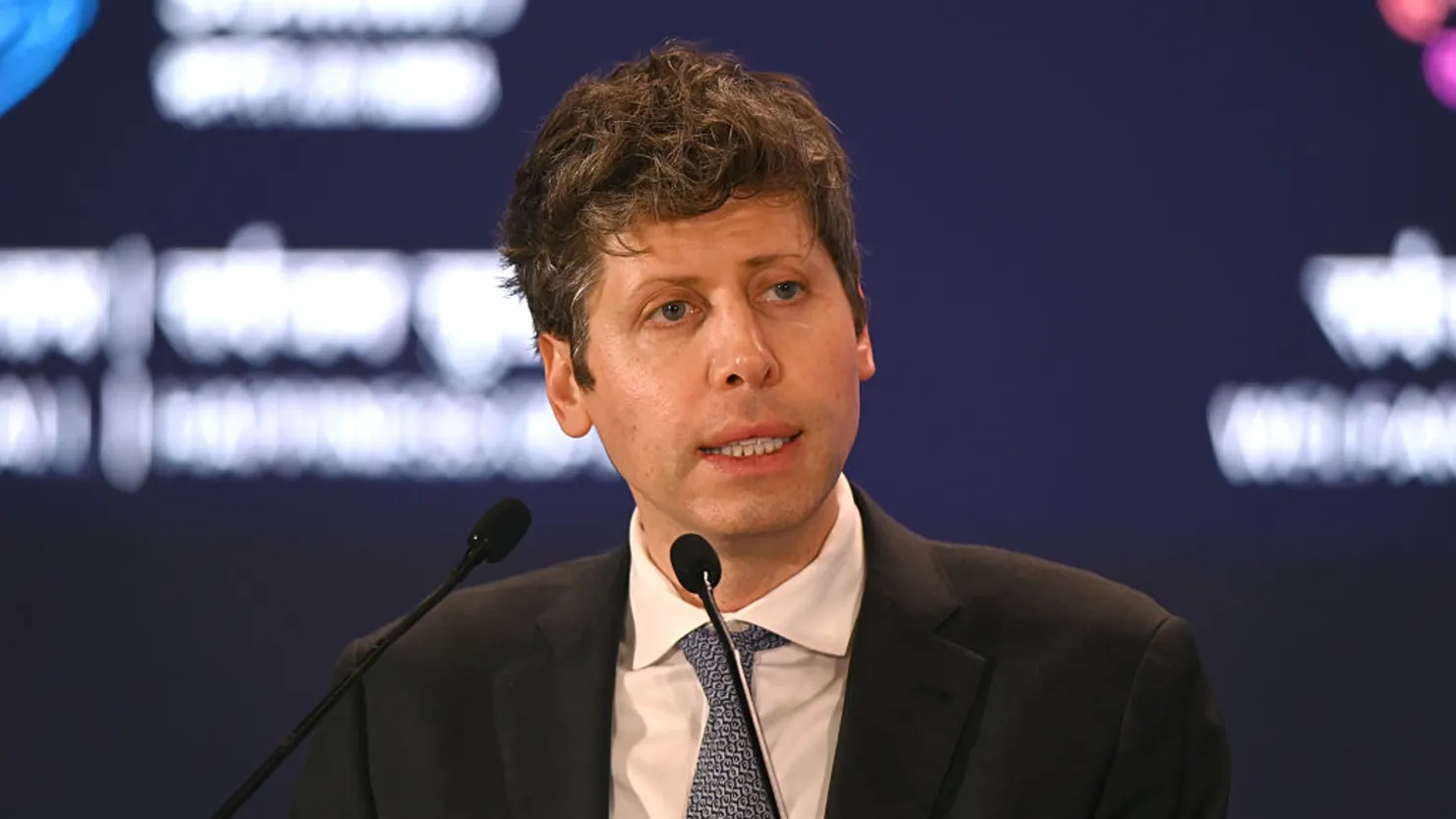
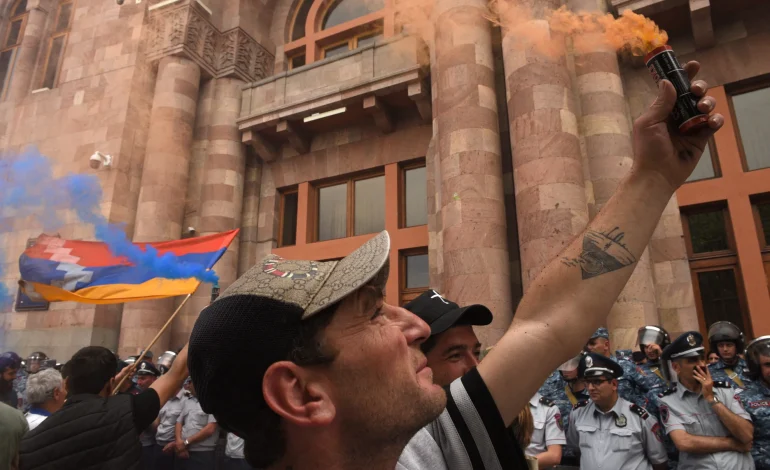




The latest news in your social feeds
Subscribe to our social media platforms to stay tuned